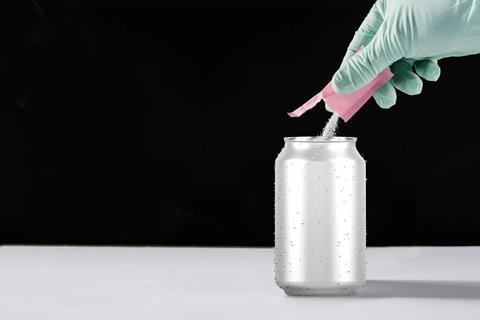
I recently wrote in The Grocer about the World Health Organization (WHO) findings that sweeteners are linked to a range of negative health outcomes, from diabetes to increased mortality.
Now things have stepped up a notch. In light of these findings, it emerges the Scientific Advisory Committee on Nutrition is reviewing the evidence on sweeteners in collaboration with the Food Standards Agency.
After years of big drinks manufacturers and the sweetener industry pushing the message that sweeteners are a healthy alternative to sugar, a growing body of evidence disagrees.
In an era where health-conscious consumers are becoming increasingly vigilant about the ingredients we are putting in our bodies, the idea that sweeteners are bad for our health has caused a stir. .
Big players are sitting up and taking notice. After all, it was only in 2016 that many big drinks brands had to reformulate their products after the UK’s sugar tax was introduced. The idea of one day having to remove sweeteners as well is presumably fairly unpalatable.
It might not be a surprise, then, that BBC’s Panorama recently found 90% of research defending aspartame – the pre-eminent sweetener – is funded by sweetener manufacturers.
As we know from the days of the Big Oil and Big Tobacco lobbies, controlling the narrative on hot-button topics is a powerful tool, and the potential for misinformation can have profound consequences. When it comes to our health, it’s crucial consumers have access to transparent information that is free from the risk of being tarnished by bias.
It may be overly cynical to say big corporations are downplaying inconvenient truths about sweeteners to protect business as usual. It is only comparatively recently concerns over sweeteners have solidified in public and professional consciousness.
But the fact is, it looks increasingly likely they are bad for us. It’s an impressive-sounding claim that most soft drinks now sold in the UK do not contain sugar. However, the vast majority of these drinks contain sweeteners instead.
The considerable recent rise in consumer sentiment against sweeteners will likely see many leverage their buying power and influence by consciously choosing unsweetened beverages over sweetened alternatives
Naturally that will add further impetus for retailers to procure substantially more products without sweetener (and of course sugar). One mainstream retailer I regularly shop at only stocks one soft drink SKU without both sugar or sweetener. The time is right for that number to significantly increase.
But the battle isn’t just about choices in the supermarket aisle. To counteract potential misinformation, we must share credible, independently verified information, like that from the WHO.
By demanding accountability and amplifying the truth about the risks associated with sweeteners, we can reclaim control of the nation’s health and transform the beverage industry.
The power is in our hands, and that tastes pretty sweet to me.




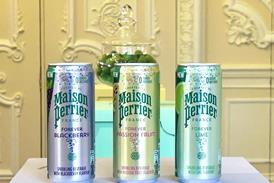


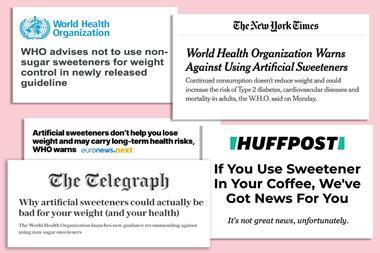



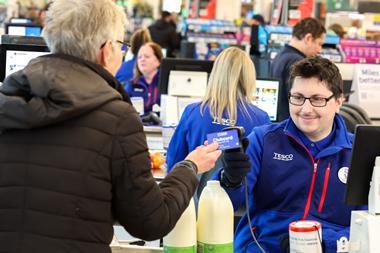
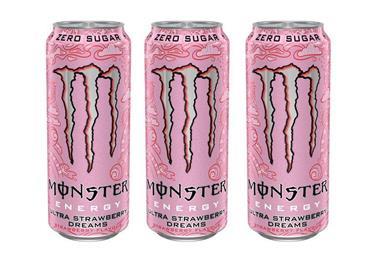
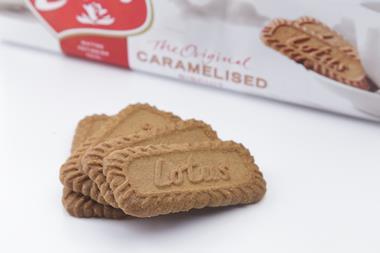





No comments yet